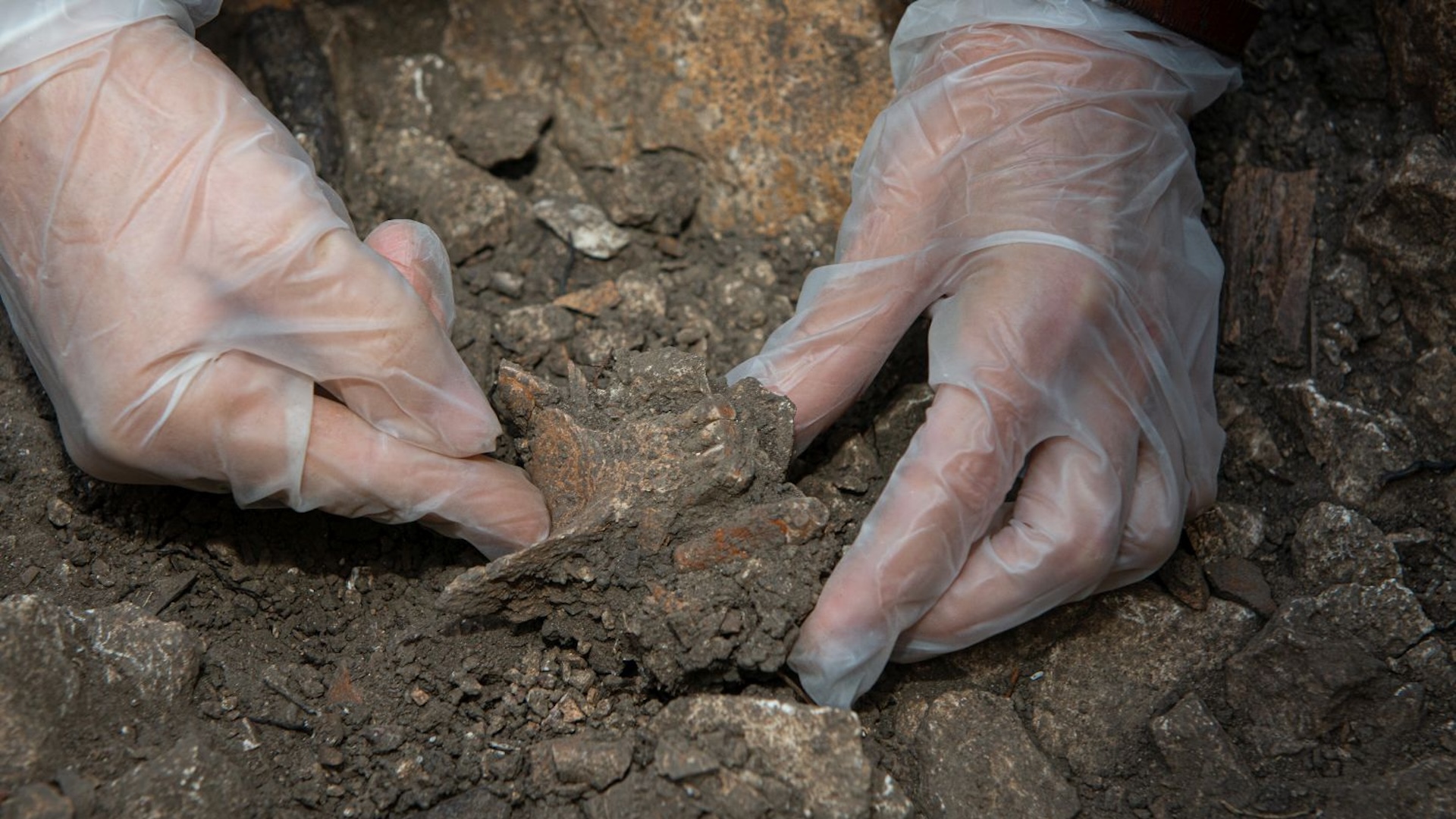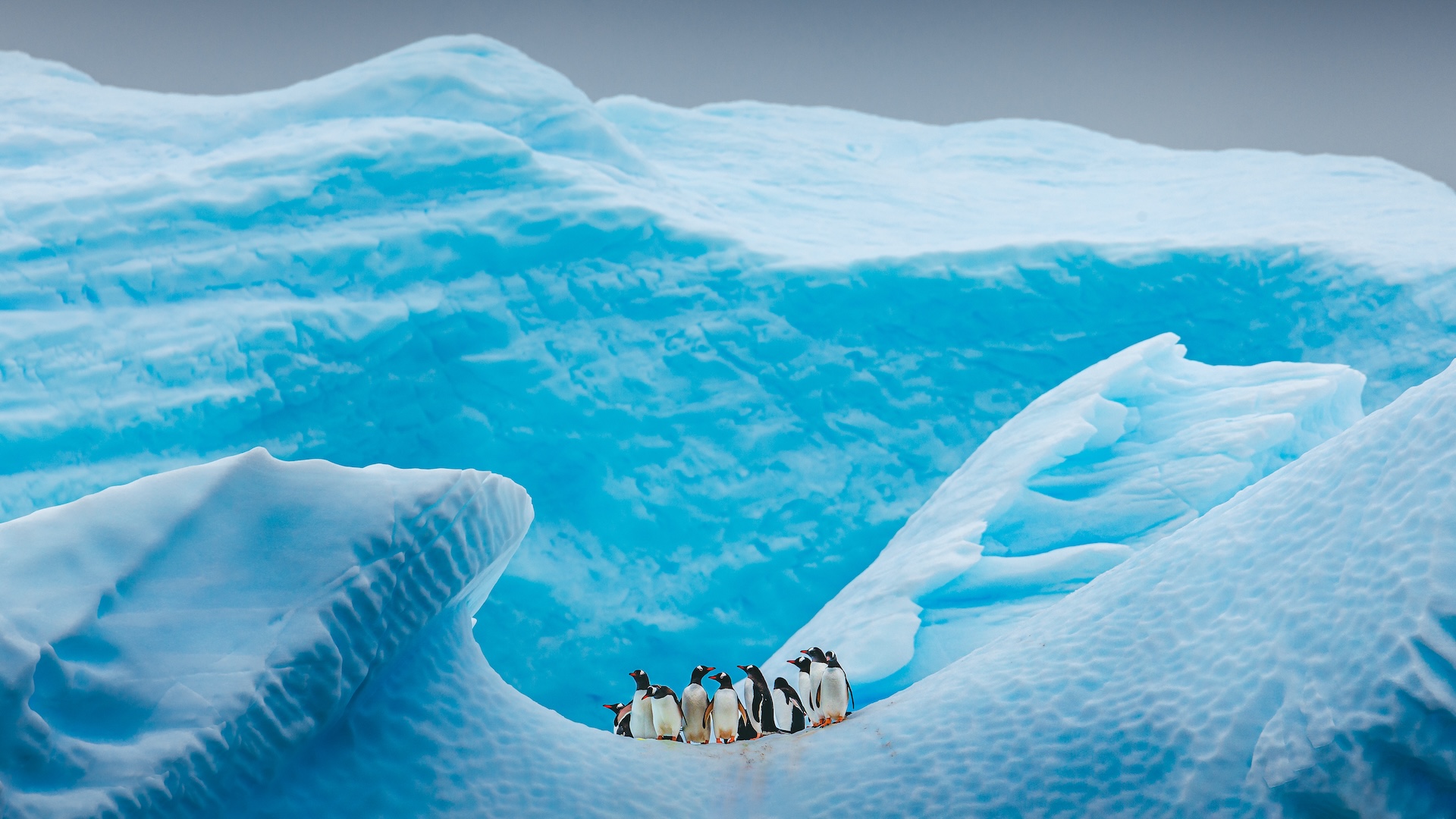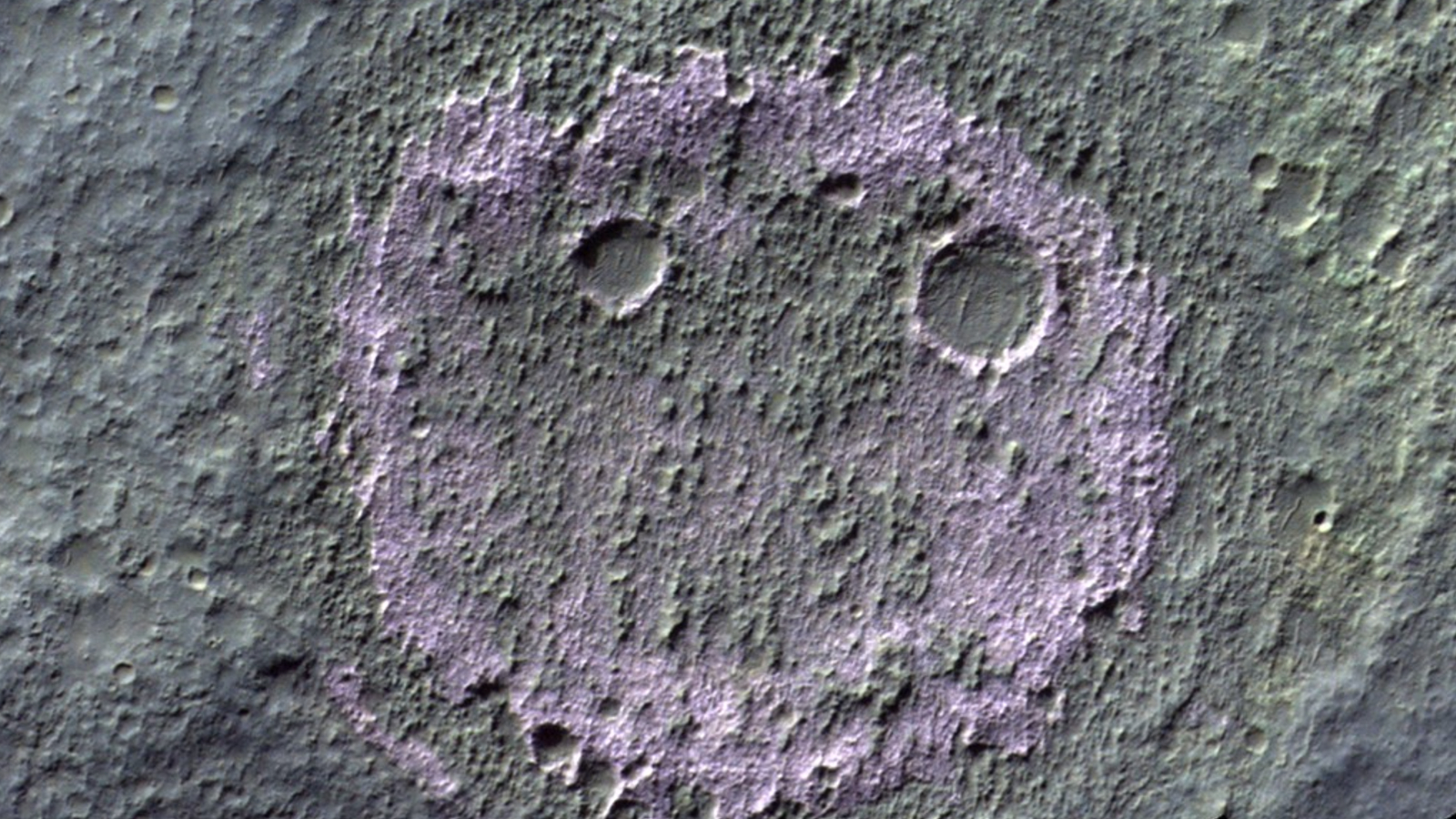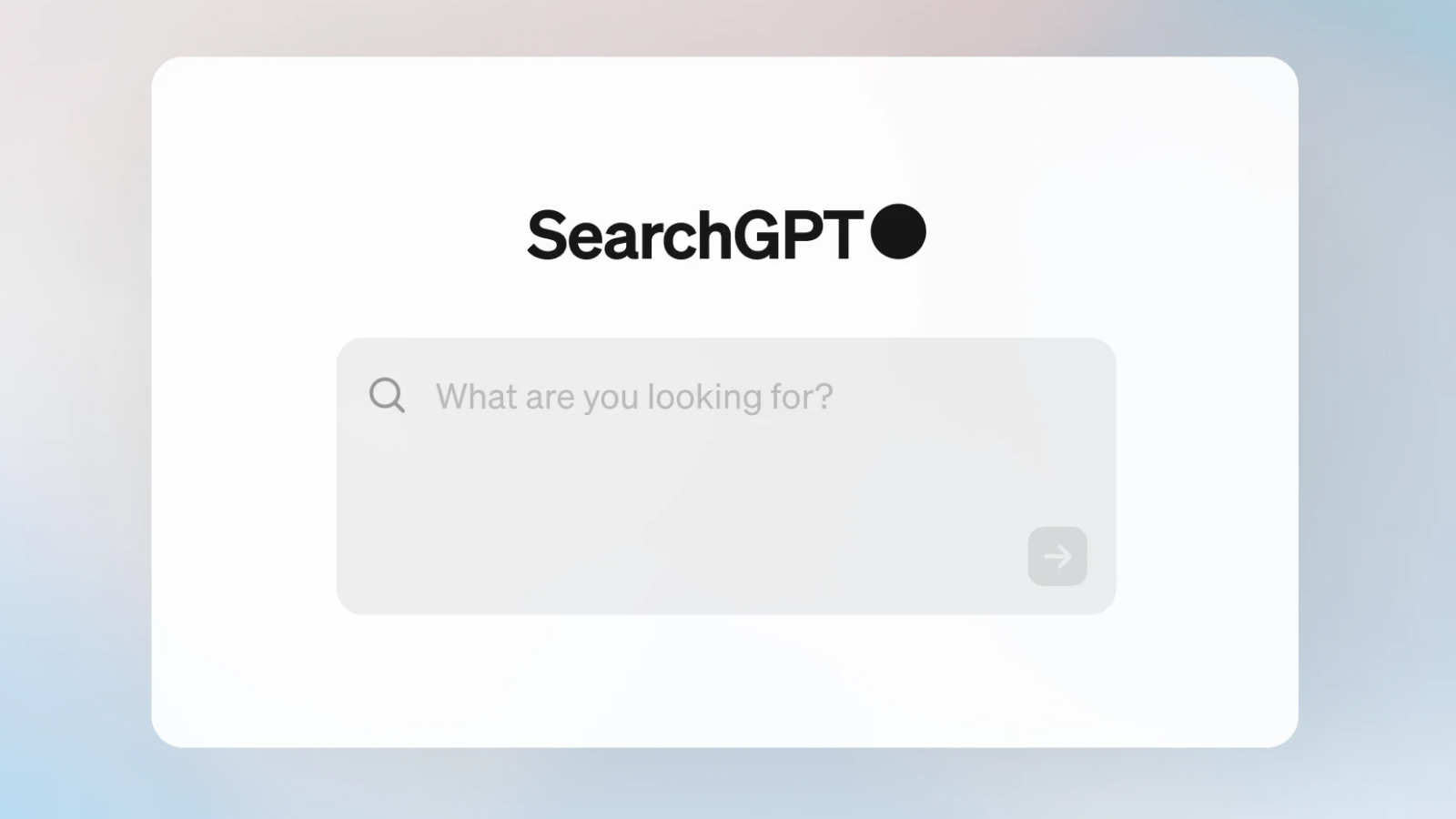Having a cursory glance at science headlines this week, you could be forgiven for thinking that life is futile and that the existential dread that sometimes bubbles up is warranted. Whether it was the news of the “God of Chaos” asteroid potentially hitting Earth (albeit incredibly unlikely), the possible collapse of the Gulf Stream throwing tropical monsoons into chaos, or the “doomsday” fish that is supposedly a portent of earthquakes, things look bleak.
However, where there is darkness, there is light, and so we also learned of an amazing discovery that could revolutionize your gadgets, watched an ethereal “spaghetti monster” dance across the seafloor, and investigated a new tool to see how healthy your gut microbiome is.
And don’t forget to look up on Tuesday (Sept. 17), as the Harvest Supermoon will be shining bigger and brighter than normal. It’s sure to be a sight to behold.
DNA of ‘Thorin,’ one of the last Neanderthals, finally sequenced

“Thorin,” one of the last Neanderthals to walk the planet, was part of a previously unknown lineage that was isolated for 50,000 years, a new DNA analysis finds.
Discovered in 2015 at the entrance to the Grotte Mandrin rock shelter in the Rhône River valley of southern France, Thorin — nicknamed after a dwarf in J. R. R. Tolkien’s “The Hobbit” — has sometimes been called the “last Neanderthal” because he may have lived as recently as 42,000 years ago, close to when our closest human relatives disappeared. Although only teeth and portions of the skull have been recovered so far, Thorin’s genome was analyzed to better understand when and how Neanderthals disappeared.
“Our results suggest small group sizes and long-term genetic isolation of the Thorin population from other late Neanderthal populations with genetic data available,” the researchers wrote in their study.
Discover more archaeology news
—16,000-year-old skeleton, crystals and stone tools discovered in Malaysian caves
—‘Remarkable’ 1,000-year-old ring from Scotland’s ‘painted people’ found at destroyed fort
When was the last time Antarctica was ice-free?

Antarctica is covered by a miles-thick ice sheet, but was that always the case? And when was the coldest continent ice-free? We delve into the southernmost continent’s past to discover that it wasn’t always so frigid — even possibly being warm enough for dinosaurs to roam the region — and what factors caused this to change.
Scientists spot ancient ‘smiley face’ on Mars — and it could contain signs of life

Astronomers recently spotted a surprising “smiley face” beaming up from the surface of Mars as they surveyed the alien landscape. The emoticon-like structure, which is only visible under certain conditions, is the remnant of an ancient lake that dried up billions of years ago — and could be harboring signs of former life on the Red Planet.
Discover more space news
—The Milky Way’s supermassive black hole is spinning incredibly fast and at the wrong angle. Scientists may finally know why.
Also in science news this week
Analysis: ‘Put glue on your pizza’ embodies everything wrong with AI search — is SearchGPT ready to change that?

The role of artificial intelligence (AI) in influencing how we use the web looks set to increase inexorably, especially with OpenAI — the company behind ChatGPT — teasing SearchGPT. This is an AI-powered search tool designed to serve up direct answers to your queries rather than pages of “optimized” results.
Using its Gemini AI model, Google tested its “AI Overviews” tool which, like SearchGPT, is designed to scour the web and provide summarized answers to search queries. Only it didn’t really work — at least at first. In some egregious examples, Google’s AI told users to add glue to their pizza sauce, suggested washing clothes with the toxic gas chlorine, and even noted that a solution to feeling depressed would be jumping off the Golden Gate Bridge.
SearchGPT is underpinned by ChatGPT, which is arguably a more mature AI model than Gemini, and so could yield better results with less heinous answers. However, the tool is at a prototype stage so nobody knows how it will perform when released to the public.
But it does raise the question of how effective the role of AI will be in the future — if finessed, is there potential for AI to kill off traditional search engines, or will the accuracy of AI search remain a letdown?




